|

CHEMICALS
& PHARMACEUTICALS - That are untested should never be
used where human health is an issue. The Thalidomide story is a
tragic reminder of what happens when we get it wrong. Groundwater
pollution from pesticides and crops with latent residues are
other issues that need urgent attention from those in a position
to do something about it, such as Michael
Gove in his capacity as Secretary
of State for the Environment.
BBC
NEWS NOVEMBER 2011
Fifty years ago, the sedative Thalidomide was withdrawn after thousands of mothers gave birth to disabled babies. That ageing Thalidomide generation now faces rising care bills - but some hope a possible
Nazi link to the drug could bring more compensation.
In November 1961, I was five months old. My family had no idea why their otherwise healthy baby boy had been born with short arms, twisted hands and no thumbs.
But by the end of that month, the truth was finally out in the open.
After a German newspaper reported that Thalidomide was the likely cause for the mysterious spate of disabled babies born in Germany since 1958, the drug's producer, Chemie Gruenenthal, caved in to growing pressure, and on 26 November withdrew all products containing Thalidomide from what had been very lucrative, over-the-counter sales.
A few days later, Thalidomide's British licensee, Distillers, followed suit in the UK. But by then, the damage was done.
Thalidomide has strong sedative properties and many women in the early weeks of pregnancy had taken it to ease their morning sickness, utterly unaware its effect on the unborn child can be teratogenic, or "monster-forming".
Limbs can fail to develop properly, in some cases also eyes, ears and internal organs. No-one knows how many miscarriages the drug caused, but it's estimated that, in
Germany alone, 10,000 babies were born affected by Thalidomide. Many were too damaged to survive for long.
Today, fewer than 3,000 are still alive. In Britain, it's about 470. Among the nearly 50 countries affected are
Japan (approximately 300 survivors),
Canada and Sweden (both more than 100), and
Australia (45).
Spain's government only recently acknowledged the drug was ever distributed there. No-one knows how many Spanish survivors there are. It could be hundreds.
After 1961, the drug didn't disappear - medical researchers discovered it can be extremely effective in certain treatments. Stringent precautions should be taken, particularly with women patients of child-bearing age. But sadly, in
Brazil, where the drug has been widely used in treating certain leprosy symptoms, there is now another, younger generation of disabled Thalidomide survivors.
Just as the drug's effect in the womb seems totally random, so too was the compensation received. In recent years, UK survivors have won concessions from the government, the tax authorities and Distillers' successor company, which has boosted current average compensation pay-outs in the UK to around $63,000 (£40,000) a year.
But elsewhere, survivors still get nothing, or very little. Of today's 6,000 estimated survivors around the world, nearly half fall under the compensation deal in Germany. That currently provides a yearly maximum of about 13,500 euros (£11,840), which does not cover the needs of those with multiple limb deficiencies. Many have no independent income and require constant care.
Campaigns for higher compensation are gaining support - in Germany and elsewhere. Progress has been slow, but that could change dramatically, if proof is found that it was not Chemie Gruenenthal which discovered Thalidomide, as has always been claimed, but scientists working for the Nazi regime.
Gruenenthal patented Thalidomide in the mid-1950s. But investigations in the past two years have confirmed that the German brand-name - Contergan - was owned by the
French pharma-company, Rhone-Poulenc, during the early 1940s, when it was effectively under Nazi control.
It's also now becoming clear that Gruenenthal was part of a post-war network of German scientists and businessmen who had played leading roles during the Nazi era. Immediately after the war, for example, Gruenenthal employed Dr Heinrich Mueckter as chief scientist, who was sought in Poland on charges of war crimes after conducting medical experiments in prison camps, during which hundreds of prisoners may have died.
"Gruenenthal taking on someone like Dr Mueckter is one of the key factors we must highlight in the Thalidomide scandal," says Gernot Stracke, a leading spokesman for survivors in Germany.
He adds: "To my knowledge, no representative for the German government has yet made any public comments about Thalidomide's possible roots in the Nazi-era, or whether the government would accept greater liability and offer more help to survivors if proof of such a link were found."
Martin Johnson, director of the UK Thalidomide Trust, and Professor Ray Stokes, of the University of Glasgow, are preparing to publish a book after investigating Thalidomide's possible Nazi origins.
Mr Johnson says: "Although, at this stage, we cannot prove that Thalidomide was definitely developed and tested in prison camps by the Nazis, there is overwhelming circumstantial evidence that it was tested as part of their search for an antidote to nerve gas."
For the survivors, decades of coping with stunted, twisted or missing limbs has meant greater wear and tear on remaining joints and muscles, and virtually guaranteed the premature onset of arthritis and chronic pain.
Many who managed to go out and work have already been forced into early retirement, while others who used to rely on their parents for everyday care, can no longer do so. Every year, more and more are becoming totally dependent on other family members, on social benefits or health insurance payouts - or on charity.
Which is why, on 26 November - 50 years on - we, the German survivors, will march, waddle, limp or roll in wheelchairs from the Brandenburg Gate to the Federal Chancellery in Berlin.
To celebrate that we are still alive, and to remember those who never lived.


WHO
WE WERE FIGHTING AGAINST FROM 1939 TO 1945
|

Adolf
Hitler
German
Chancellor
|

Herman
Goring
Reichsmarschall
|

Heinrich
Himmler
Reichsführer
|
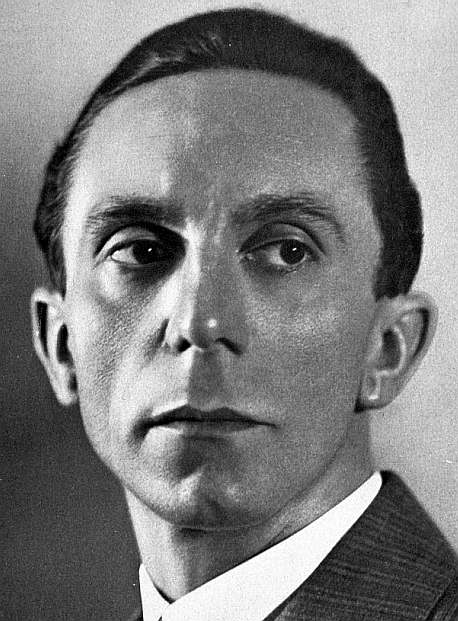
Joseph
Goebbels
Reich Minister
|
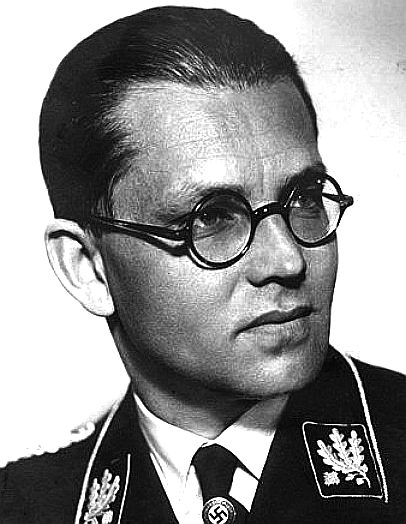
Philipp
Bouhler SS
NSDAP
Aktion T4
|
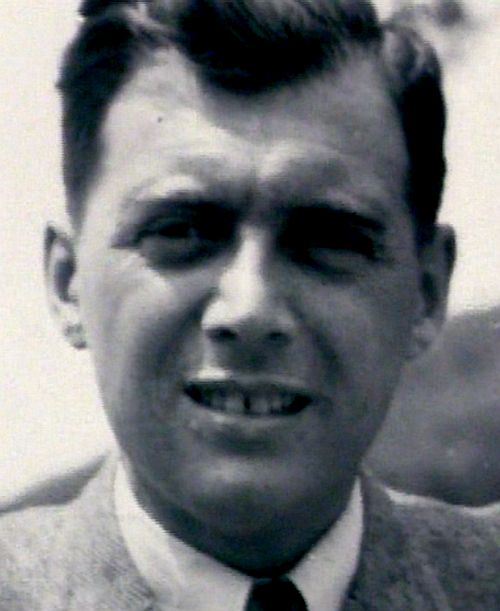
Dr
Josef Mengele
Physician
Auschwitz
|
|
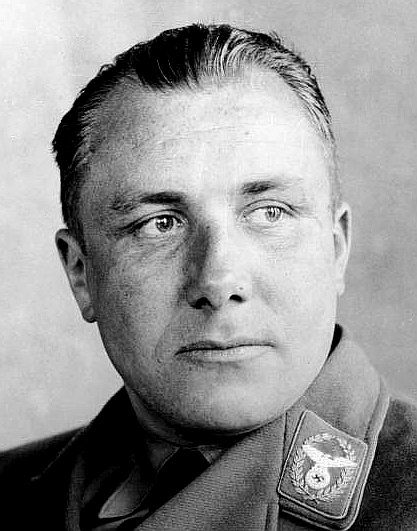
Martin
Borman
Schutzstaffel
|

Adolph
Eichmann
Holocaust
Architect
|
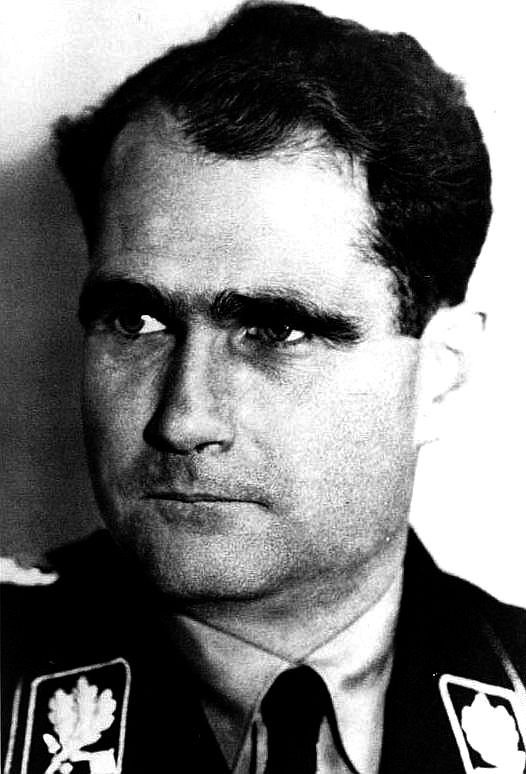
Rudolf
Hess
Commandant
|

Erwin
Rommel
The
Desert Fox
|

Karl
Donitz
Kriegsmarine
|

Albert
Speer
Nazi
Architect
|
WEALDEN'S
OFFICERS FROM 1983 TO 2018
|
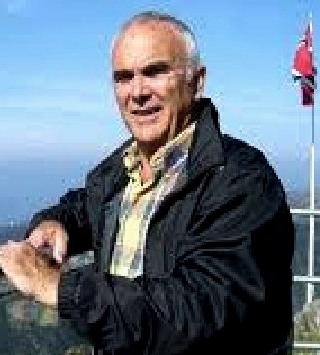
Ian
Kay
Assist.
Dist. Plan.
|

Charles
Lant
Chief
Executive
|
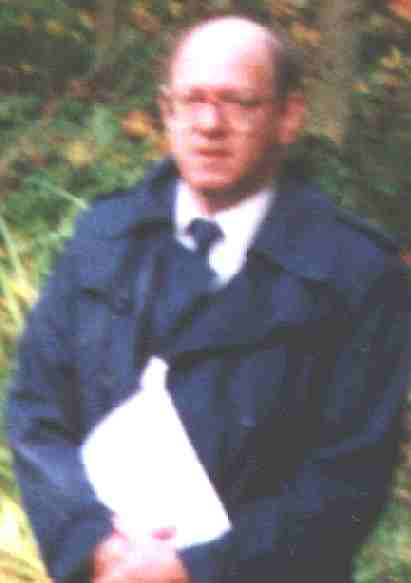
Victorio
Scarpa
Solicitor
|
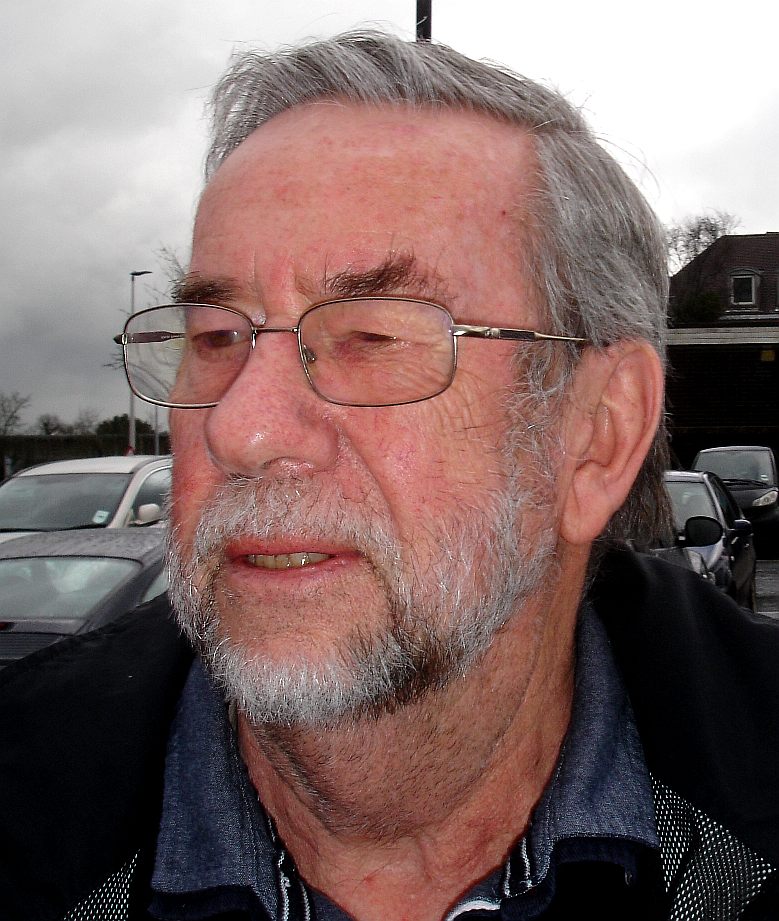
Timothy
Dowsett
Dist.
Secretary
|

Christine
Nuttall
Solicitor
|

David
Phillips
Planning
|
|
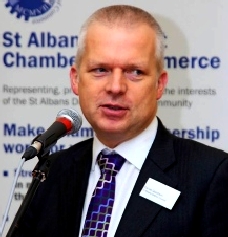
Daniel
Goodwin
Chief
Executive
|
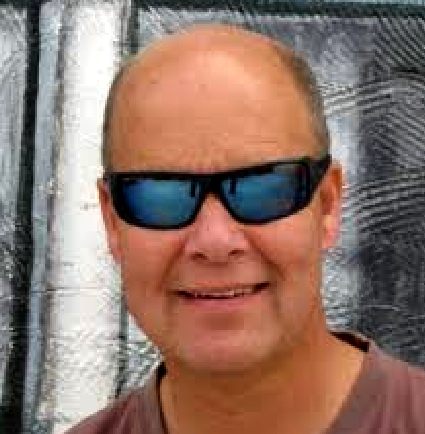
J
Douglas Moss
Policy
|
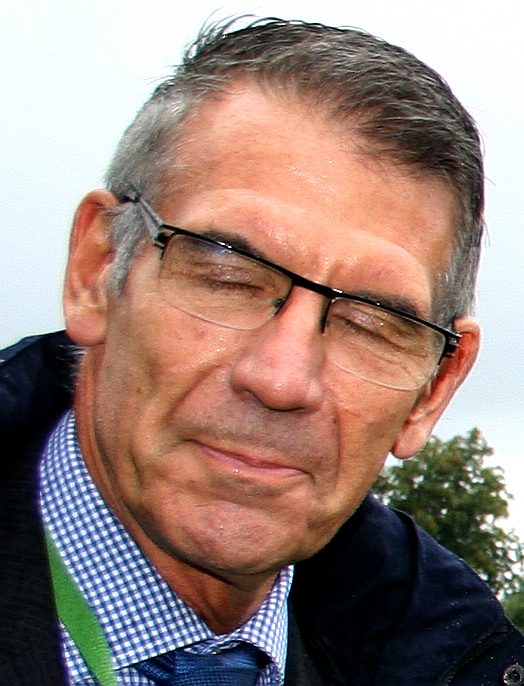
Kelvin
Williams
Dist.
Planning
|

Trevor
Scott
Solicitor
|
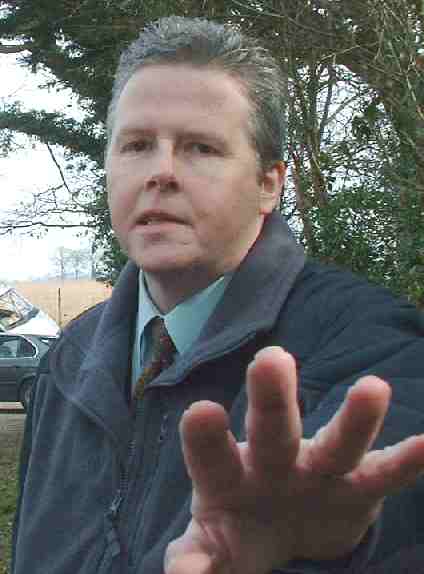
David
Whibley
Enforcement
|

Christine
Arnold
Planning
|
|
|

Beverley
Boakes
Legal
Secretary
|

Patrick
Coffey
Planning
|

Julian
Black
Planning
|

Ashley
Brown
Dist.
Planning
|
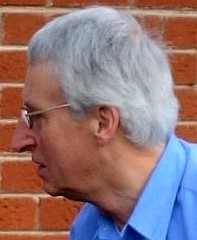
Derek
Holness
Former
CEO
|
Abbott
Trevor - Alcock
Charmain - Ditto - Arnold
Chris (Christine) - Barakchizadeh
Lesley - Paul Barker - Bending
Christopher
Black
Julian - Boakes Beverley - Bradshaw
Clifford - Brigginshaw
Marina - Brown
Ashley - Coffey
Patrick - Douglas
Sheelagh
Dowsett Timothy - Flemming
Mike - Forder Ralph - Garrett
Martyn - Goodwin Daniel
- Henham J - Holness
Derek
Hoy
Thomas - Johnson
Geoff - Kavanagh Geoff - Kay Ian - Kay
I. M.
- Barbara Kingsford - Lant Charles - Mercer
Richard
Mileman Niall - Moon
Craig - Moss Douglas, J. - Nuttall
Christine - Pettigrew Rex - Phillips
David - Scarpa
Victorio - Scott
Trevor
Kevin Stewart - Wakeford
Michael. - Whibley David - White,
George - Williams
Kelvin - Wilson Kenneth - White
Steve
LINKS
& REFERENCE
h



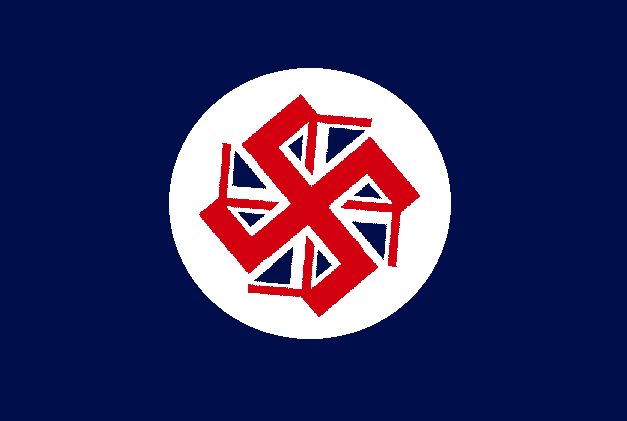




 


|
|
This
site is free of © Copyright except where specifically stated. Any
person may download, use and quote any reference or any link, and is
guaranteed such right to freedom of information and speech under the
Human Rights and Freedom of Information Acts. However, be aware
that we cannot be held liable for the accuracy of the information
provided. All users should therefore research matters for
themselves and seek their own legal advice and this information is
provided simply by way of a guide. Horse Sanctuary Trust UK
All trademarks herby acknowledged.
Contact
Us.
This
site contains copyrighted material the use of which has not always been
specifically authorized by the copyright owner. We are making such
material available in our efforts to advance understanding of
environmental, political, human rights, economic, scientific, and social
justice issues, etc. We believe this constitutes a 'fair use' of any such
copyrighted material as provided for in section 107 of the US Copyright
Law. In accordance with Title 17 U.S.C. Section 107, the material on this
site is distributed without profit to those who have expressed a prior
interest in receiving the included information for research and
educational purposes. FAIR
USE NOTICE
|


































